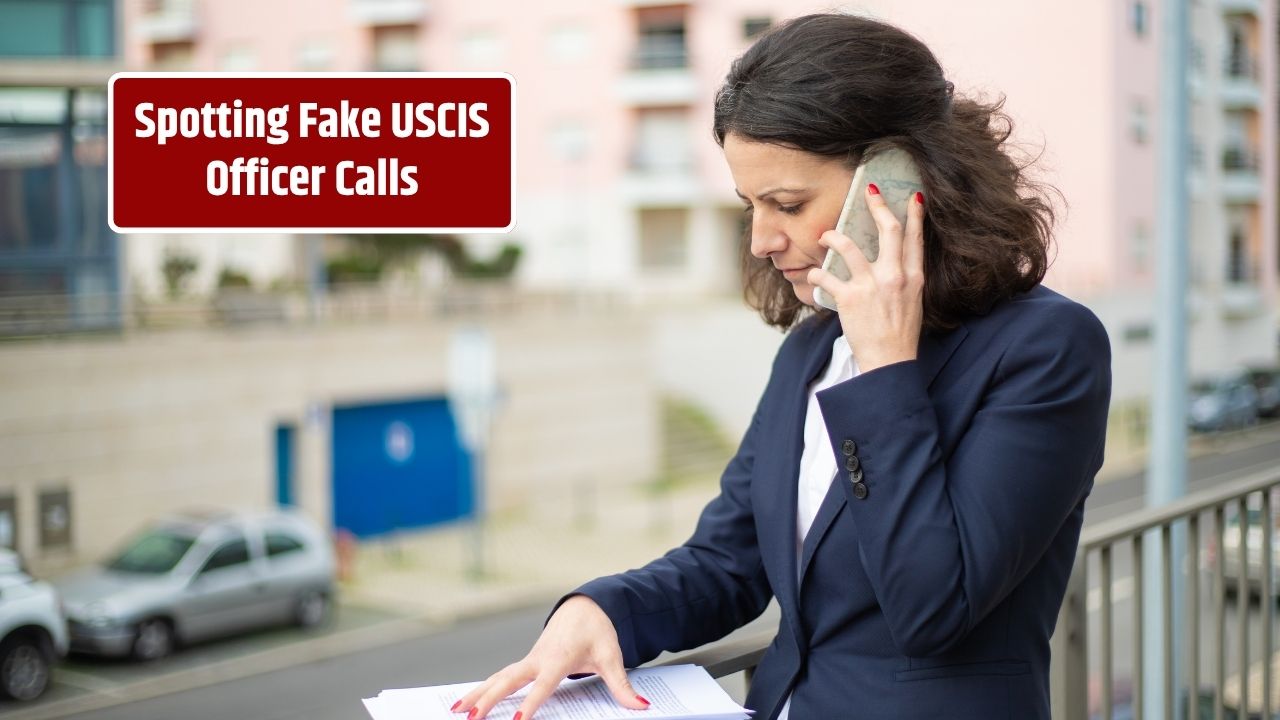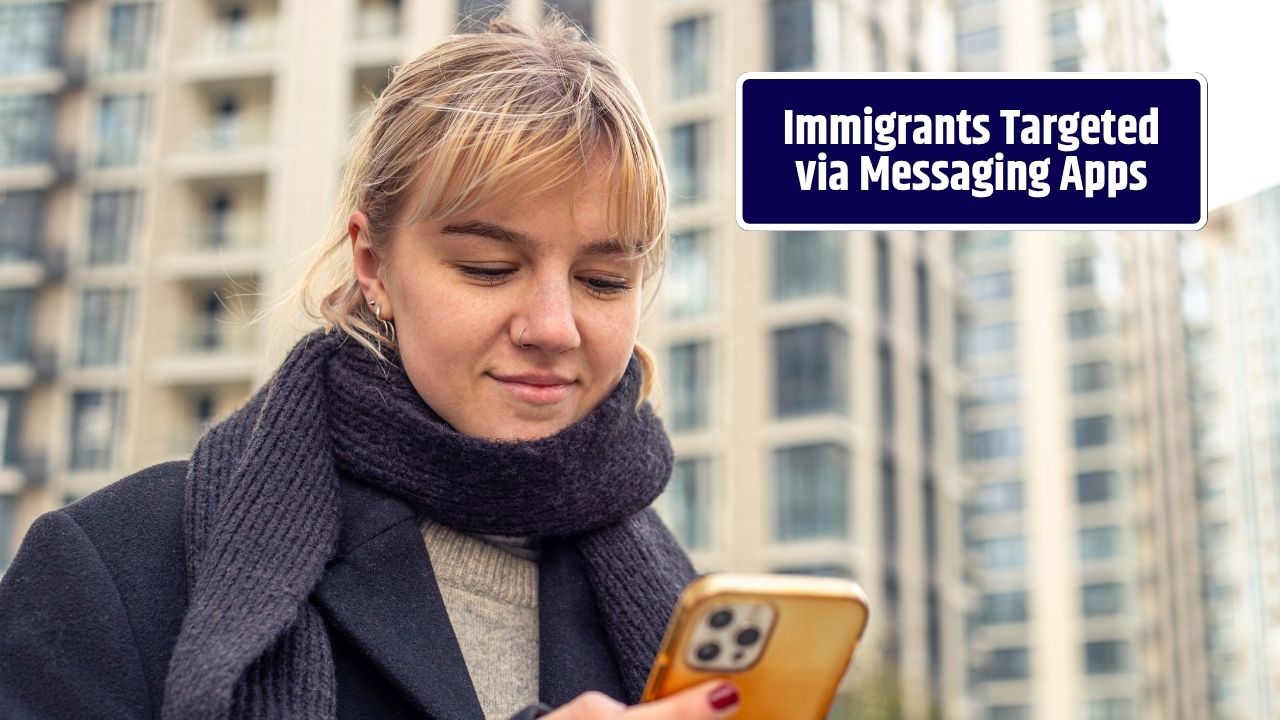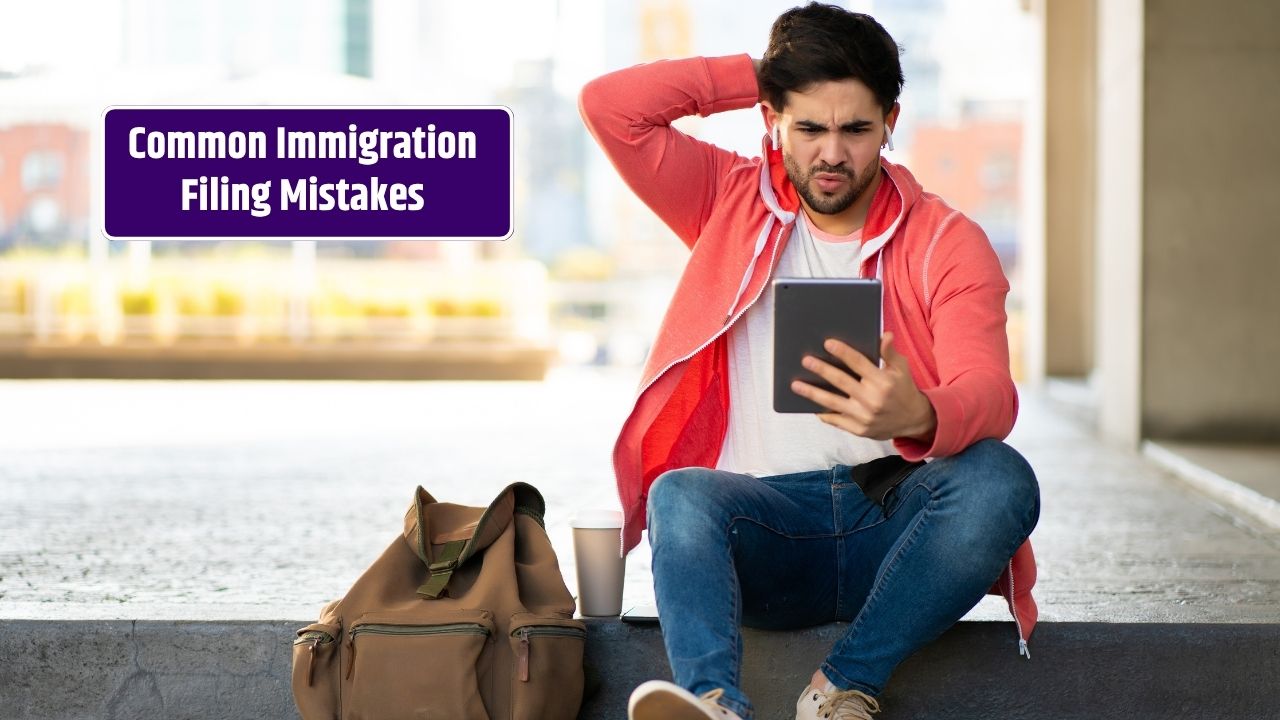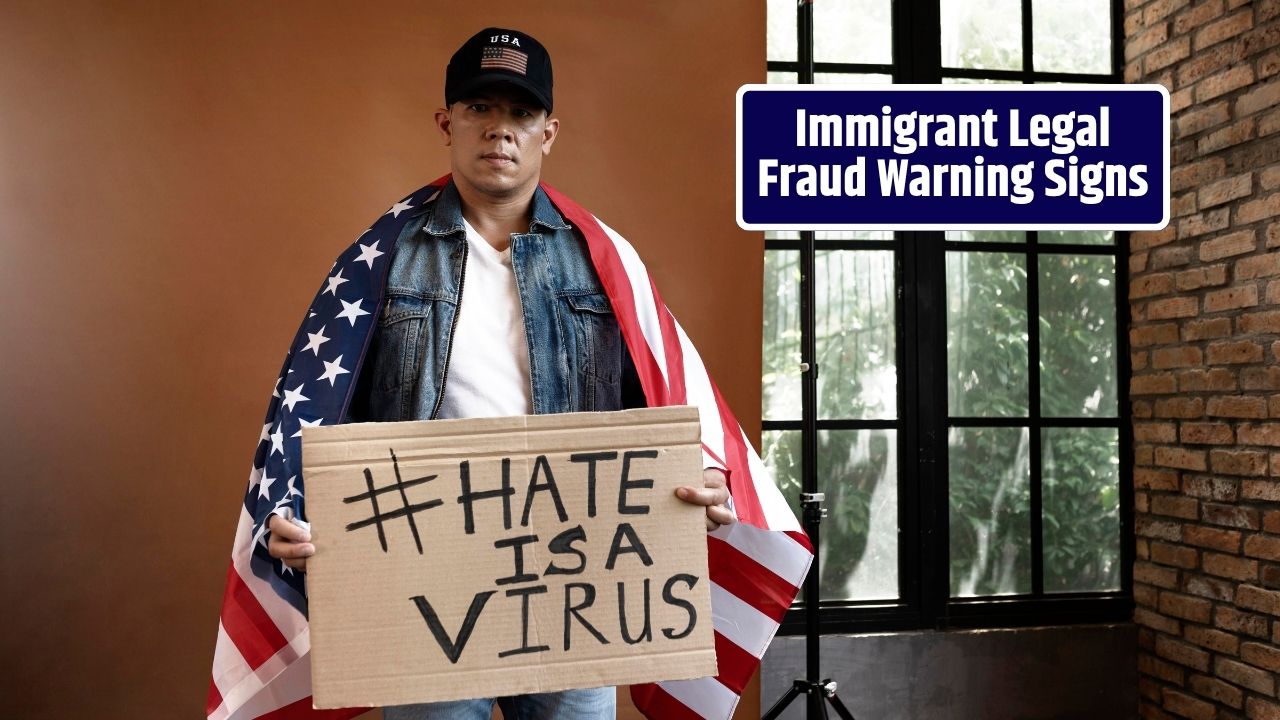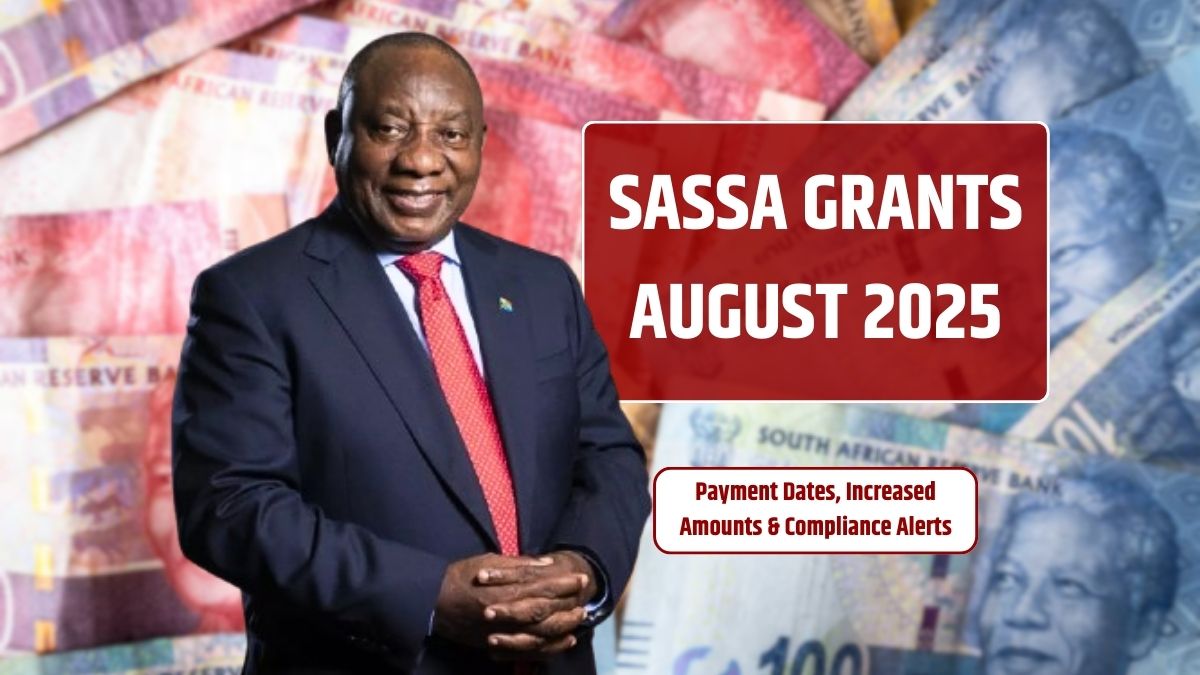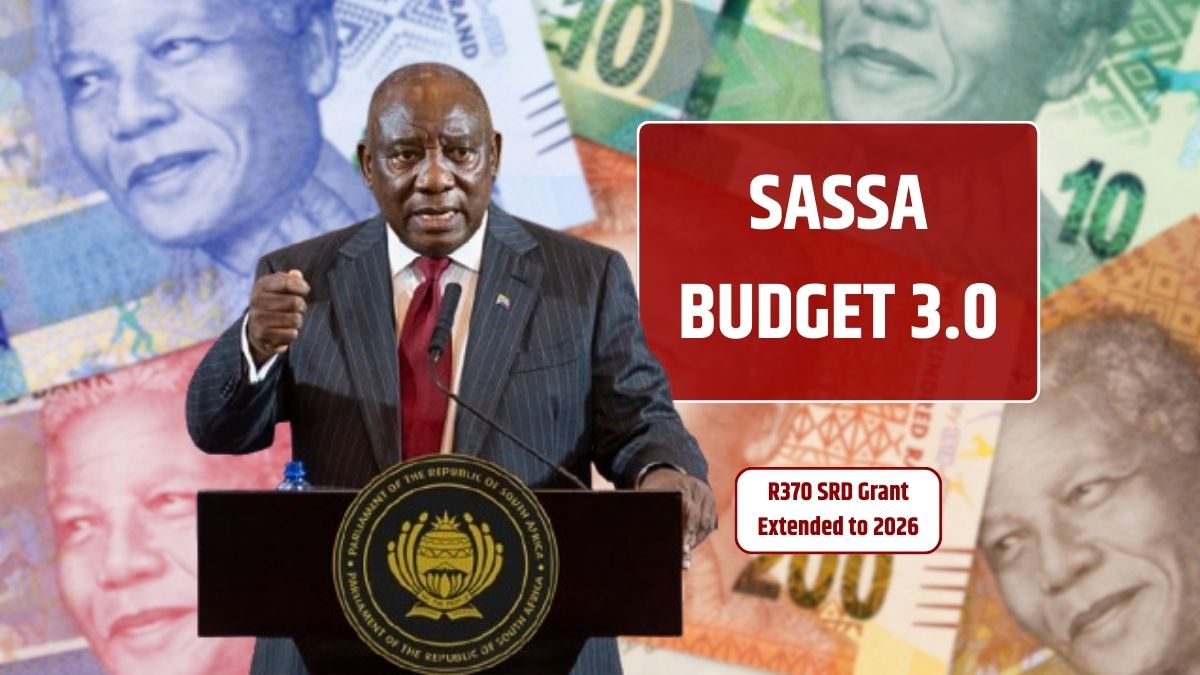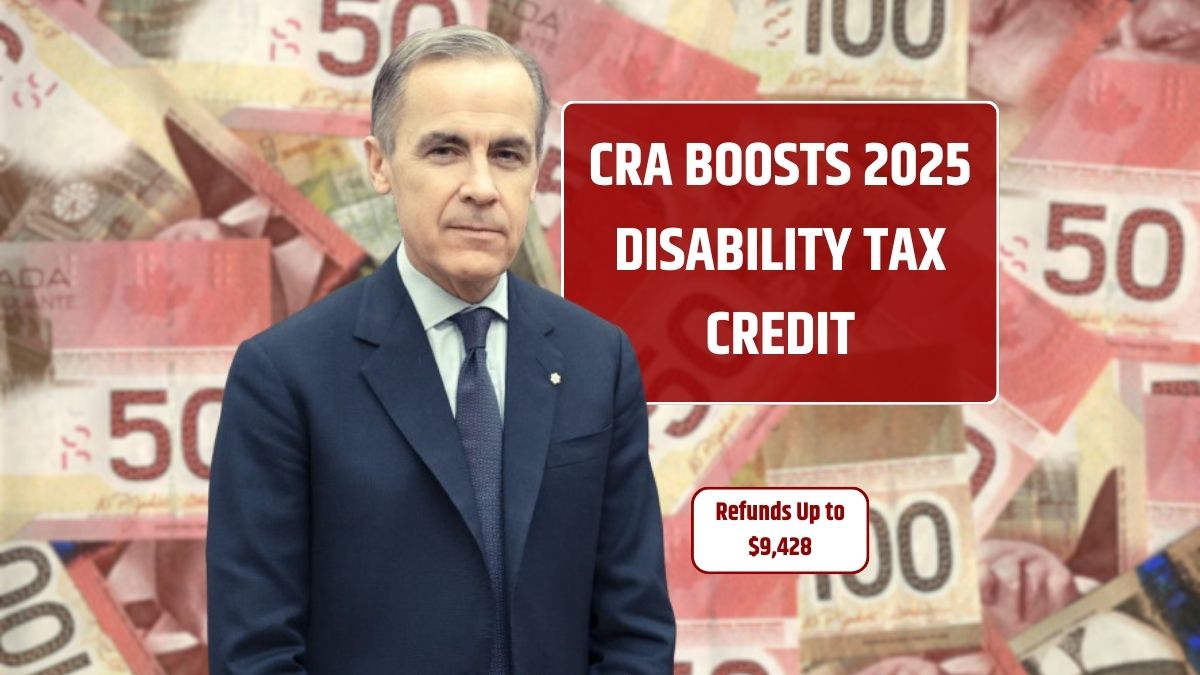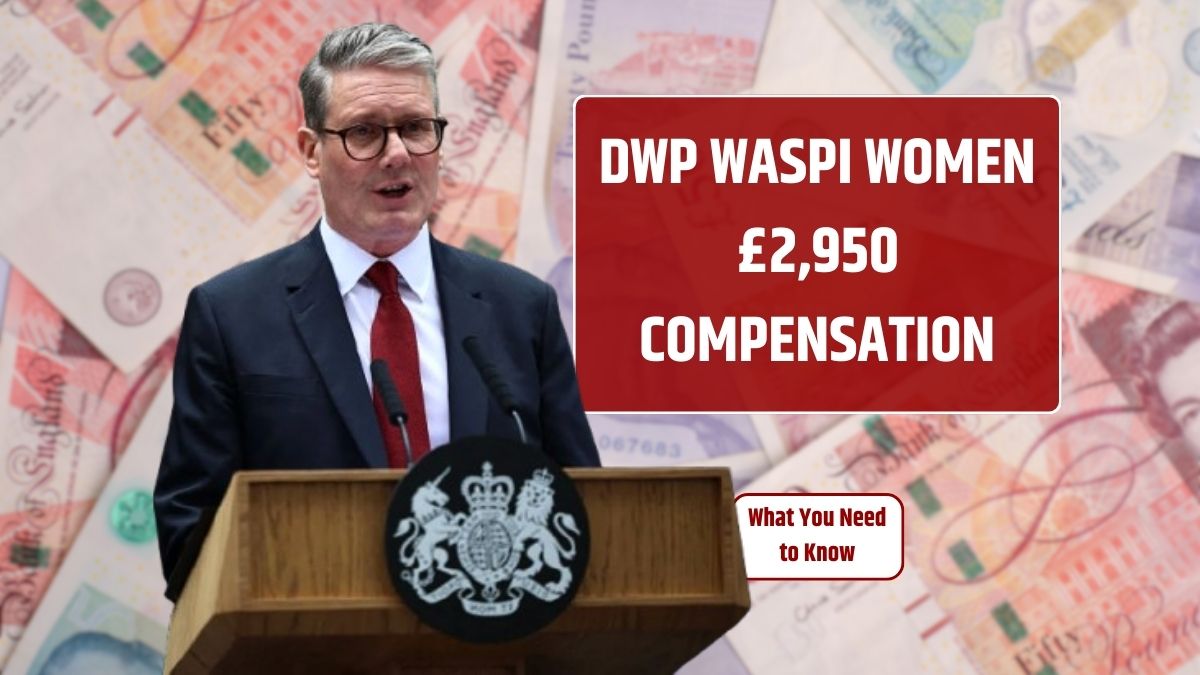As immigration fraud becomes more sophisticated, scammers are increasingly impersonating U.S. Citizenship and Immigration Services (USCIS) officers through phone calls, emails, and even home visits. These fake USCIS contacts aim to scare or manipulate immigrants into handing over personal information or money.
Here’s how to recognize a fake USCIS officer or phone call and what to do if you’re targeted.
Common Tactics Used by Fake USCIS Callers
Fraudsters often use technology to spoof official-looking phone numbers or emails, making it appear as though the communication is coming from USCIS. Here’s what they typically do:
- Claim your immigration status is in jeopardy
You may be told your green card, visa, or application will be revoked or denied. - Demand immediate payment
Scammers often ask for money through gift cards, wire transfers, or cryptocurrency—methods that are untraceable. - Ask for personal information
They may try to collect your Social Security number, Alien Registration Number, passport details, or banking info. - Use threats and urgency
Phrases like “You’ll be deported today” or “Police are on the way” are common scare tactics.
How to Spot a Fake USCIS Officer or Call
| Red Flag | Why It’s Suspicious |
|---|---|
| Demands for money or gift cards | USCIS never requests payments over the phone |
| Threats of arrest or deportation | USCIS does not threaten action without due process |
| Asks for full Social Security or banking info | USCIS communicates such requests through official mail |
| Call appears urgent or aggressive | Real USCIS officers do not pressure you |
| Caller ID shows “USCIS” or looks official | Caller ID can be faked (spoofed) easily |
| Requests to download apps or click links | USCIS doesn’t ask you to install apps or click links |
What a Real USCIS Officer Will Never Do
- Ask for payment over the phone
USCIS only accepts payments through its official websites or designated lockbox addresses. - Threaten to cancel your application immediately
Immigration issues are handled through formal notices and interviews, not surprise calls. - Contact you without prior written communication
USCIS typically sends official letters or notices first—not surprise calls.
What to Do If You Get a Suspicious Call
- Hang up immediately
You are not obligated to stay on the call. Don’t engage. - Do not share personal information
Never give out your Alien Number, bank details, or SSN to a caller. - Report the scam
- File a report with the Federal Trade Commission (FTC) at reportfraud.ftc.gov
- Report the call to USCIS at uscis.gov/report-scams
- Contact your local police if you feel threatened
- Verify directly with USCIS
Call USCIS at their official number: 1-800-375-5283 or use your USCIS online account to check the status of your case.
How to Protect Yourself from Immigration Scams
- Enable call screening on your phone or use apps that flag suspicious numbers
- Register for a USCIS online account to receive official case updates directly
- Never pay with gift cards or cryptocurrency for immigration matters
- Keep your immigration paperwork organized and accessible in case you need to verify your case
FAQs
What should I do if I already gave money to a scammer?
Contact your bank or card issuer immediately to try to block or reverse the transaction. Report the fraud to the FTC.
Can real USCIS officers visit my home?
Rarely—and only with prior notice or in conjunction with other law enforcement. You should always ask for official ID.
Does USCIS ever call you?
Yes, but it’s rare and usually only after a scheduled appointment or pending case. When in doubt, hang up and call the USCIS contact center directly.

